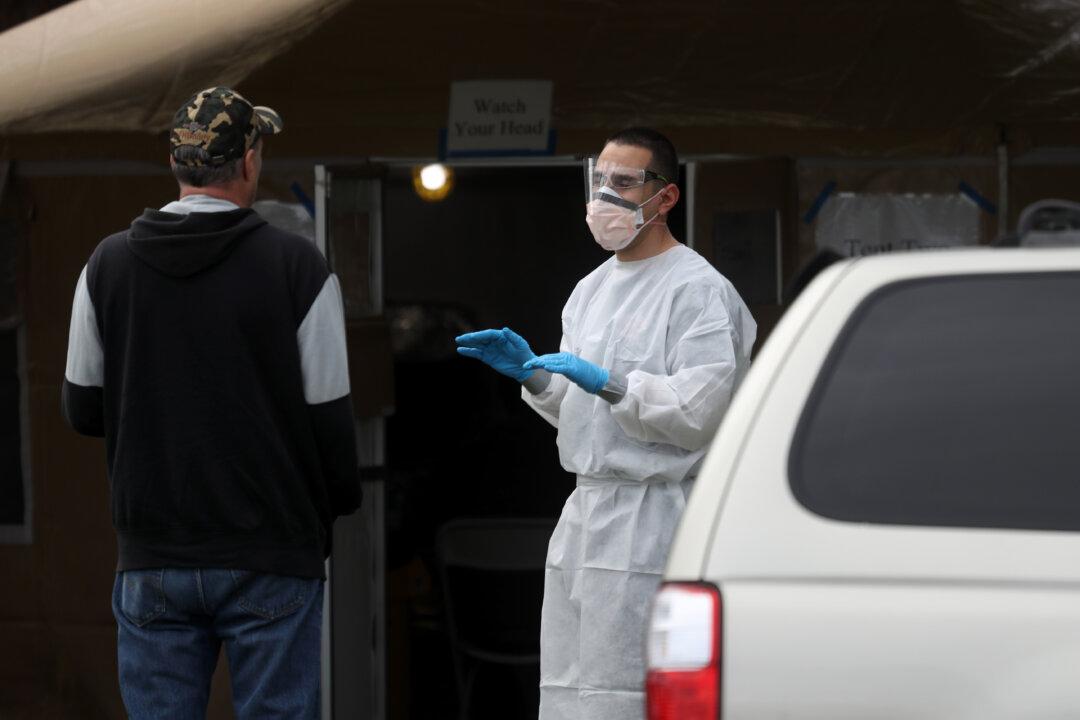The United States conducted more tests for the new CCP virus in the past eight days than South Korea, widely praised for its extensive testing network, carried out in eight weeks, White House Coronavirus Task Force Coordinator Dr. Deborah Birx said on Tuesday.
An issue with the first test developed in the United States, by the federal government, caused a weeks-long delay in carrying out wider testing but the Trump administration has quickly ramped up testing capacity in recent weeks with the help of the private sector.





